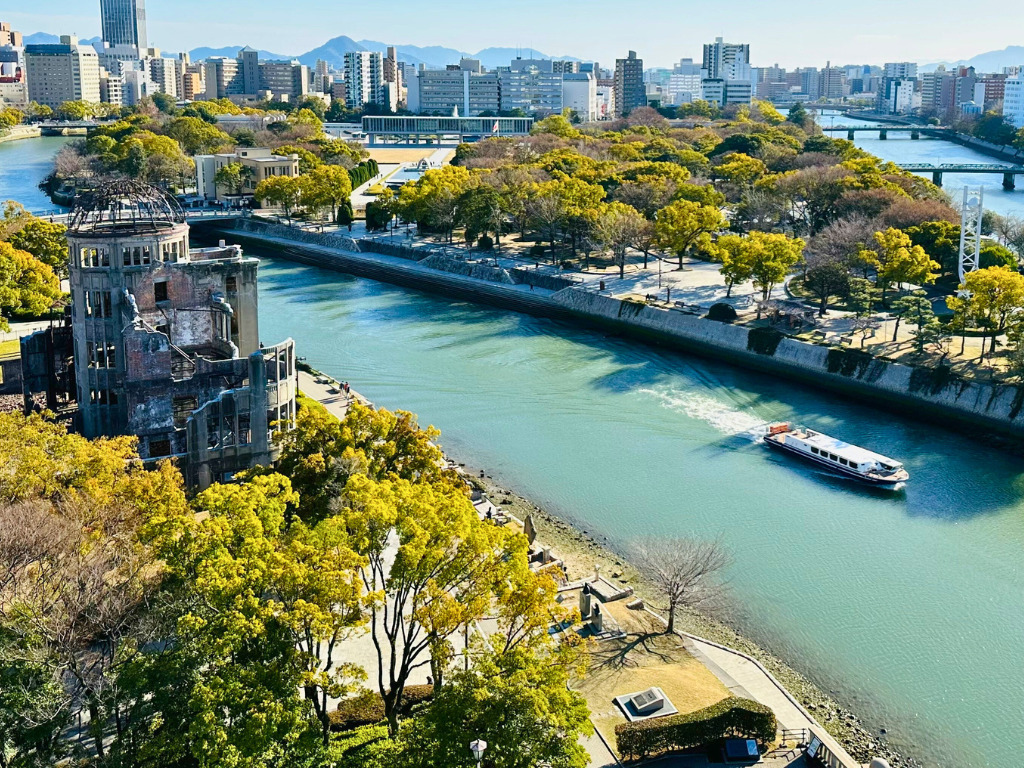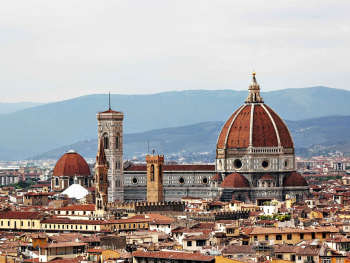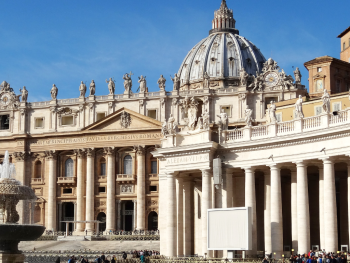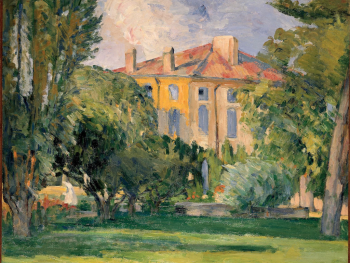Updated May 2024
If the Temple of Poseidon sparks your curiosity about ancient Greece, we also invite you to explore the divine wonders which lie just beyond Athens and create lasting memories in this enchanting Ancient Greek city.
Mythology springs to life as you meander through this ancient archaeological wonder. Imagine how myth and reality intertwine during your time at the Temple of Poseidon, an incredible and one-of-a-kind experience that will surely be the highlight of your trip to Greece.
Temple of Poseidon: A Marvelous Coastal Haven
Perched majestically on the southernmost tip of the Attica peninsula, overlooking the Aegean Sea, stands the iconic Temple of Poseidon at Cape Sounion.
With its commanding position and breathtaking views, this ancient temple has captivated visitors for centuries. As you embark on a journey to Sounion, prepare to be enthralled by the timeless stories of Greek mythology, the rich history of the Mediterranean civilizations, and the fascinating legacy of Poseidon, the God of the Sea.
Who is Poseidon?
In Greek mythology, Poseidon is one of the twelve Olympian Gods and the ruler of the seas and oceans. Known for his powerful trident, which symbolizes his dominion over the waters, Poseidon is a complex and intriguing figure.
Often depicted as a bearded and imposing deity, he holds immense influence over the natural world, controlling the tides, storms, and the creatures of the deep.
The Captivating Statue of Poseidon in Athens
If you have time in Athens before embarking on your journey to Poseidon’s Temple at Sounion, visiting the National Archaeological Museum in Athens is a must. There you can see several remarkable representations of Poseidon.
One of the grandest is the Statue of Poseidon of Melos. Made of marble, the statue was found in several pieces on the Island of Melos and carefully reassembled. The Sea God is depicted in an awe-inspiring pose, with his muscular right arm raised, probably to hold a trident. The muscles of his arms and detail in his clothing, beard, and body are intricately detailed. The stature also includes a dolphin, which in addition to highlighting Poseidon's role as sea God, serves as additional support for the statue's weight.
Another statue, possibly of Poseidon, also lies at the center of a great historical debate. The Bronze statue, called the Artemision Bronze, captures the strength and regal demeanor of a Greek God, evoking a sense of awe and reverence.
The question is, does the statue depict Poseidon or his brother Zeus? The God is in motion with the left arm outstretched towards an enemy and the right arm bent as if in movement to strike or throw a weapon, but the right hand, the one that would be holding a Trident (if Poseidon) or a lightning bolt (if Zeus) is empty.
Fascinating Facts about Poseidon
While Poseidon is primarily known as the God of the Sea, he is also associated with other bodies of water, including rivers, lakes, and springs.
Beyond the connection to water and his role as the God of the sea, Poseidon is also associated with earthquakes and horses. In Greek mythology, it is believed that Poseidon's movements beneath the earth's surface cause the tremors and quakes that shape the land. This highlights his immense power and influence over both the sea and the earth.
Poseidon is also closely connected with horses and is often depicted riding a chariot pulled by magnificent sea horses. According to mythology, Poseidon created horses, having produced the first one by striking his trident on a rock.
Poseidon's Offspring: A Royal Lineage
Poseidon's lineage extends beyond his Godly status, as he is also renowned for his offspring.
One of his most famous children is Theseus, the mythical hero of Athens who slayed the Minotaur in the Labyrinth.
Poseidon's union with the mortal woman Medusa resulted in the birth of Pegasus, the majestic winged horse of Greek mythology. Another famous offspring of Poseidon is Polyphemus, the cyclops encountered by Odysseus in the Odyssey.
Enjoy a Day Trip to Sounion
A day trip to Sounion offers an enriching experience steeped in ancient Greek history and mythology. From Athens, embark on a scenic drive along the coast. Spend an hour relishing the picturesque landscapes and seascapes that unfold before you. As you approach Cape Sounion, the iconic ruins of the Temple of Poseidon will become visible, and you will be transported into an atmosphere charged with past stories.
In order to gain a more significant learning experience, consider booking a guided tour through Context. A local archaeologist will walk you around the site and help you weave together the threads of archeological ruins, mythology, and Greek history for an unforgettable experience.
The Rich History of the Temple of Poseidon
The Temple of Poseidon was built during the Golden Age of Athens in the 5th century BCE. After the Greeks defeated the Persians in 479 BCE, the Greeks placed captured Persian warships at Sounion as a trophy dedicated to Poseidon. A more permanent temple of Poseidon was constructed at Sounion from 444 to 440 BC.
According to Greek mythology, the placement of the temple also had to do with King Aegeus of Athens. Aegeus was the second (human) father of the great hero Theseus (Poseidon himself being the other).
As the story goes, Theseus embarked on his journey to Crete, promising his father that if he successfully defeated the Minotaur, he would return with white sails on his ship, indicating his victory. Unfortunately, Theseus forgot to change the sails to white upon his return, leading Aegeus to believe his son had perished. In his despair, Aegeus jumped into the Aegean Sea from Cape Sounion, which was subsequently named after him.
The Temple of Poseidon was built on Cape Sounion to honor King Aegeus's memory and pay homage to Poseidon, the God associated with the sea and the protector of sailors. The temple served as a sacred site where seafarers and travelers would make offerings and seek Poseidon's favor before embarking on their voyages.
The temple has been a destination for travelers for centuries. During that time, many significant people have visited the temple. The temple so moved English poet Lord Byron, he immortalized the landscape of “Sunium’s marbled steep” in his poem, “The Isles of Greece.”
Winston Churchill, a lover of classical history, also visited the temple in the early 20th century.
Sunset at Sounion: A Magical Experience

If possible, time your tour of the Temple of Poseidon and Cape Sounion with the end of the day.
As the sun begins its descent towards the horizon, prepare for a truly enchanting experience. The temple takes on an ethereal glow in the golden light as the setting sun washes over the ancient ruins. The panoramic views of the Aegean Sea and the surrounding landscape create a serene and captivating atmosphere. Witnessing the sunset at Sounion is a moment of sublime beauty and a testament to the enduring allure of this ancient site.
For those willing to wake up early, the sunrises at the Temple of Poseidon can be as spectacular as the sunsets.
Planning Your Sounion Tour
Plan for a 60-90 minute drive from Athens to Cape Sounion. There is a public bus option, but it takes longer to make the trip, and the bus service can be unreliable, especially for those trying to make it for sunset.
If you book a guided sunset tour experience, you’ll spend two hours on the site taking an in-depth look at the ruins with a local archaeologist. This time can be adjusted to accommodate the sunset.
As you embark on your tour of the Temple of Poseidon at Cape Sounion, prepare to delve into the classic stories of Greek mythology, uncover layers of history, and immerse yourself in the beauty of this ancient coastal haven. This journey promises an unforgettable experience, where the legacy of Poseidon and the allure of Sounion combine to create a truly remarkable adventure.
If the Temple of Poseidon sparks your curiosity about ancient Greece, we also invite you to explore the divine wonders of Athens and create lasting memories of this enchanting city.













